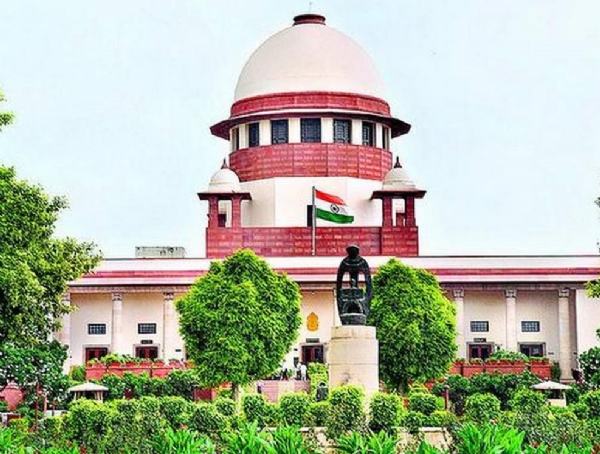
New Delhi, April 25 (H.S.): The central government, opposing petitions challenging the Waqf Amendment Law in the Supreme Court, stated that these amendments do not violate fundamental rights. In the reply affidavit submitted in the Supreme Court, the central government indicated that the amendment of the Waqf Law is aimed at the secular management of properties. A hearing on this matter is scheduled for May 5 in the Supreme Court.
The central government mentioned in the affidavit that the Waqf Amendment Law does not infringe upon Articles 25 and 26 of the Constitution in any way. These amendments have been made within the government’s jurisdiction. The central government stated that properties that are already registered as Waqf will not be affected by the provisions of by-user. A false narrative is being spread that this will affect centuries-old Waqf properties.
On April 17, the central government told the Supreme Court that the controversial provisions of the Waqf Amendment Law would not be implemented for the time being. This means that the status quo on this law will remain unchanged for the time being. A bench headed by Chief Justice Sanjeev Khanna had instructed the central government to file a reply and issued a notice based on the government’s statement that was recorded.
During the hearing, Solicitor General Tushar Mehta, representing the central government, stated that there is no basis for imposing a stay. “You are about to stop a law that Parliament has passed. I say this very responsibly as the Solicitor General of the country. I have paid attention to the court’s remarks, but it is not correct to impose a stay on the entire law based on just a few provisions. The government has consulted millions of people before creating this law; we are accountable to the public. The Waqf Board has made claims over lands in several villages. Therefore, it is necessary to consider the interests of the common people as well. Imposing an immediate stay on this law by the court would be a very drastic measure.”
During the hearing, the Chief Justice asked whether any actions would be taken on properties registered as Waqf under the 1995 law. Mehta responded that this is explicitly included in the law itself. The Chief Justice then stated, “That’s fine, but for now, no new appointments should be made in the Waqf Board or Waqf Council.” The Chief Justice added, “Based on the situation before us, we are proceeding. We do not want the situation to change completely. We are not imposing a stay on the law.”
Hindusthan Samachar / Jun Sarkar


